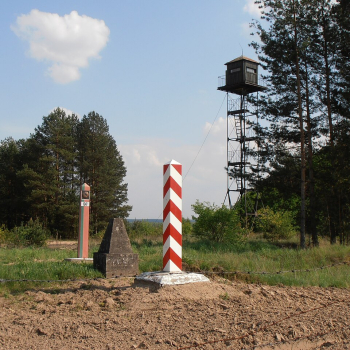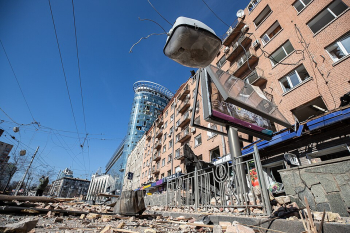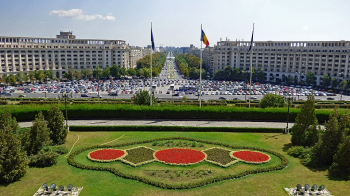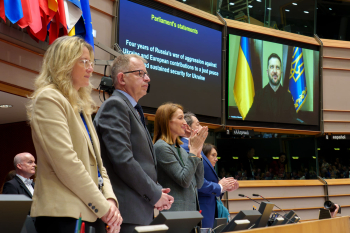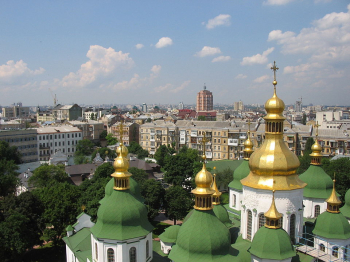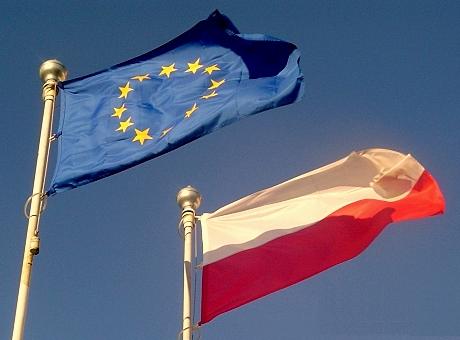
On January 1, Poland assumed the six-month rotating presidency of the European Union at a time of heightened geopolitical uncertainty. With Donald Trump beginning his second
term as U.S. president and the war in Ukraine still unresolved, security has become the central focus of the Polish government under Prime Minister Donald Tusk, who leads a strongly pro-European administration.
For the second time in its history, Poland will lead the Council of the European Union, holding the presidency from January 1 to June 30, 2025. Under the motto “Security, Europe,” Poland's agenda emphasizes various facets of security, including defense, border protection, cybersecurity, affordable energy, food supply, access to essential medicines, economic resilience, and the competitiveness of European industries.
Prime Minister Tusk has already engaged with French President Emmanuel Macron to discuss the potential deployment of European troops to oversee a ceasefire in Ukraine. While this initiative may be premature, Tusk remains open to peace negotiations in the near future. “Our EU presidency will partially shape the political landscape and possibly influence the framework of upcoming negotiations,” Tusk stated.
A firm stance on Russia
Poland aims to maintain maximum pressure on Russia during its presidency. As one of Ukraine's strongest allies, Warsaw is preparing new sanctions against Moscow, timed to coincide with the third anniversary of Russia's invasion on February 24. This effort underscores Poland's unwavering support for Ukraine and its resistance to Russian aggression.
A shift from Hungary’s approach
Poland's presidency is expected to stand in stark contrast to the outgoing Hungarian leadership under Viktor Orbán. While Orbán’s administration adopted the provocative slogan “Make Europe Great Again,” echoing Trump’s nationalist rhetoric, Poland has chosen a more integration-focused approach. Its presidency logo—a blend of the Polish flag with the letters “E” and “U”—symbolizes Poland’s dedication to European unity and cooperation.
As Poland takes the helm, its focus on security and a pro-European agenda reflects its commitment to addressing the EU’s pressing challenges and fostering a more cohesive and resilient Europe. Photo by User:MateuszEs, User:Kpalion, Wikimedia commons.


